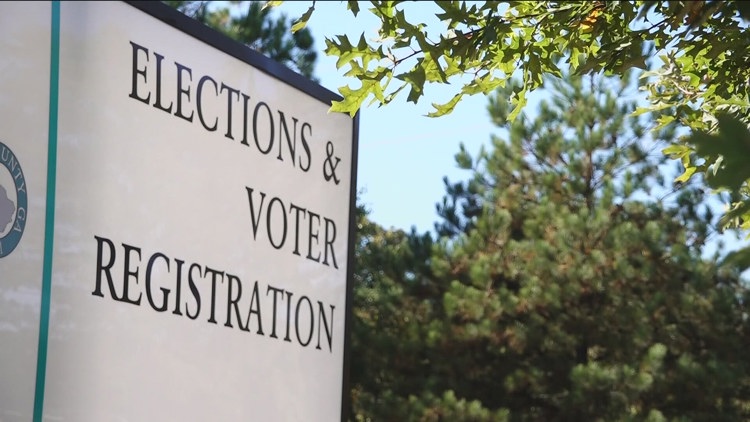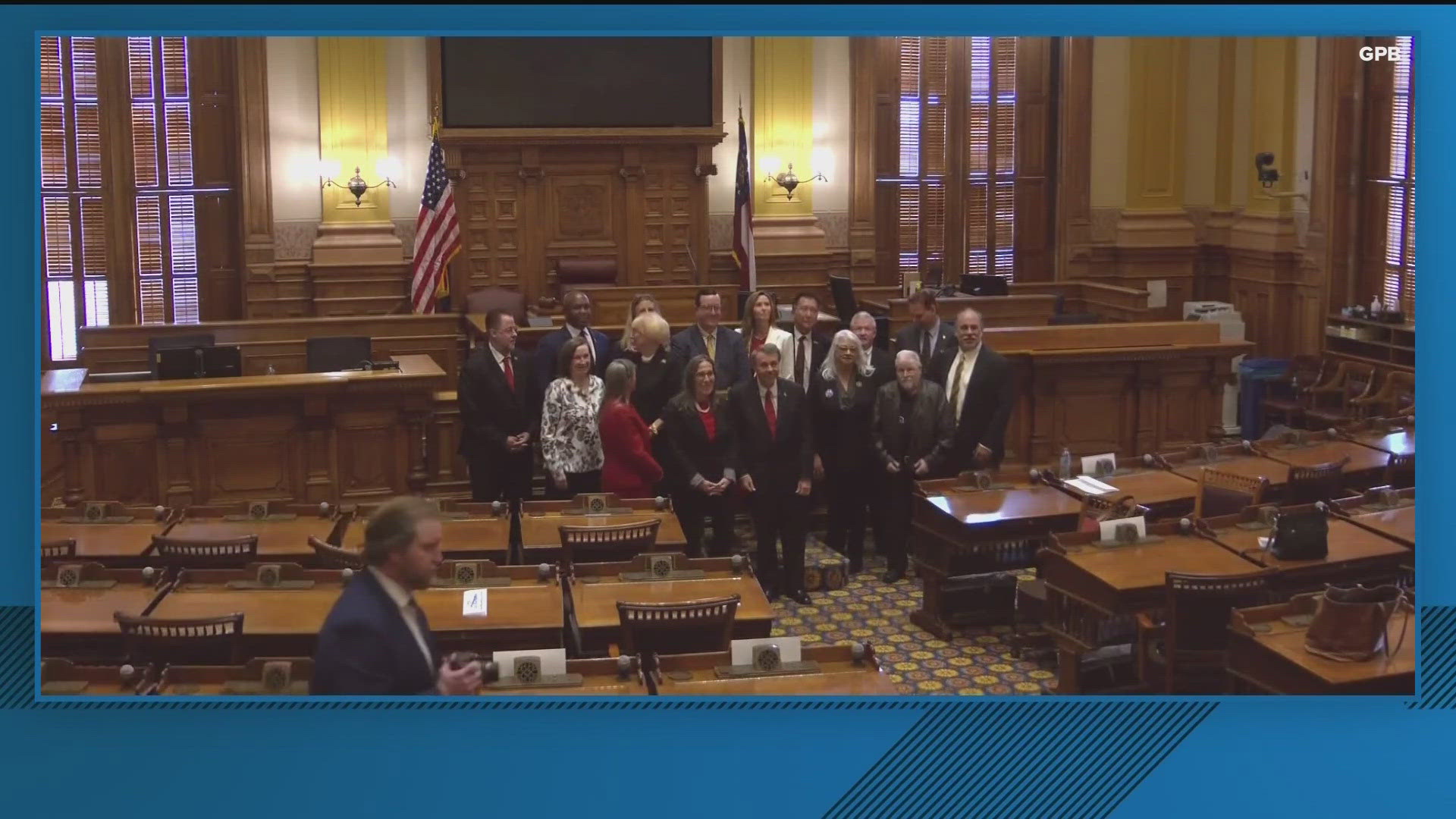ATLANTA — A Georgia judge has ruled county election officials must certify election results by the deadline set in law and cannot exclude any group of votes from certification even if they suspect error or fraud.
Fulton County Superior Court Judge Robert McBurney ruled that “no election superintendent (or member of a board of elections and registration) may refuse to certify or abstain from certifying election results under any circumstance.” While they have the right to inspect the conduct of an election and to review related documents, he wrote, “any delay in receiving such information is not a basis for refusing to certify the election results or abstaining from doing so.”
Georgia law says county election superintendents, which are multimember boards in most counties, “shall” certify election results by 5 p.m. on the Monday after an election — or the Tuesday if Monday is a holiday as it is this year.
Julie Adams, a Republican member of the Fulton County election board, had asked the judge to declare that her duties as an election board member were discretionary and that she is entitled to “full access” to “election materials.”
Long an administrative task that attracted little attention, certification of election results has become politicized since then-President Donald Trump tried to overturn his loss to Democrat Joe Biden in the 2020 general election. Republicans in several swing states, including Adams, refused to certify election results earlier this year and some have sued to keep from being forced to sign off on election results.
Adams' suit, backed by the Trump-aligned America First Policy Institute, argues that county election board members have the discretion to reject certification. In court earlier this month, her lawyers also argued that county election officials could certify results without including ballots that appear to have problems, allaying concerns of a board member who might otherwise vote not to certify.
Judge McBurney wrote that nothing in Georgia law gives county election officials the authority to determine that fraud has occurred or what should be done about it. Instead, he wrote, the law says a county election official's “concerns about fraud or systemic error are to be noted and shared with the appropriate authorities but they are not a basis for a superintendent to decline to certify.”



